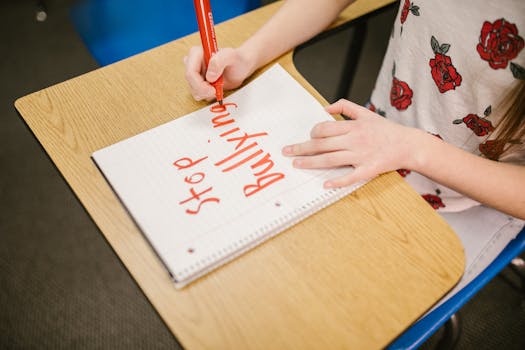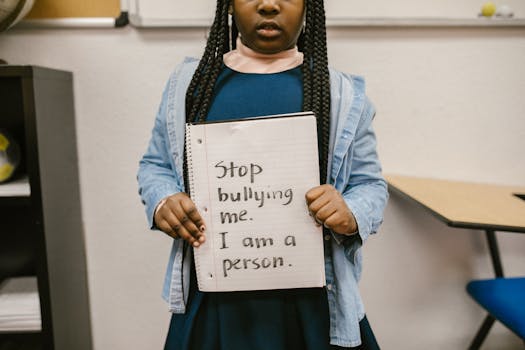
Recently, a couple in Massachusetts has filed a lawsuit against their son’s high school, claiming that the school attempted to derail his future by giving him detention and a bad grade on an assignment he completed using generative AI.
The parents argue that their son used a generative AI tool to complete his assignment, which is becoming increasingly common in today’s society. However, the school deemed this behavior a violation of its academic integrity policy and decided to penalize him. The parents believe that the school’s decision is not only unfair but also potentially damaging to their child’s future.


In fact, the use of AI tools in education has become a hot topic. Supporters argue that AI can enhance learning efficiency and help students better understand and master knowledge. Critics, on the other hand, are concerned that over-reliance on AI may weaken students' independent learning abilities and creativity. In this debate, the clash between schools and parents is particularly intense.
In this case, the couple’s lawyer stated that they will work to secure fair treatment for their child and seek to prompt the school to re-evaluate its policies through legal means. They believe that schools should be more open to new technologies and establish reasonable usage guidelines rather than simply banning or punishing their use.


This lawsuit not only involves individual rights but also reflects broader societal issues. As AI technology continues to advance, how to balance technological innovation with traditional educational models remains a pressing question. Hopefully, future education will be more inclusive and innovative, providing students with more opportunities for development.
